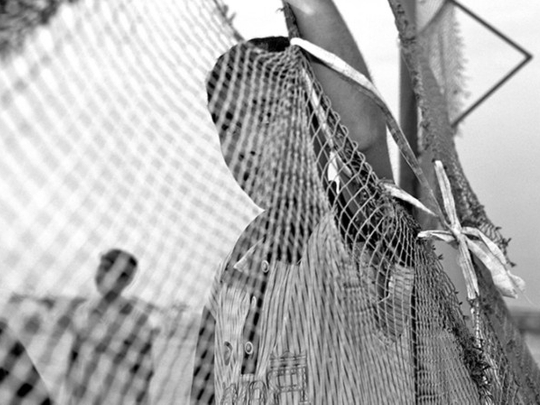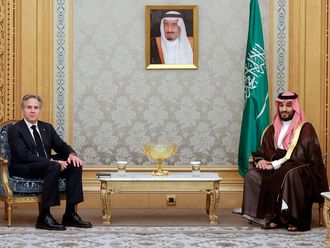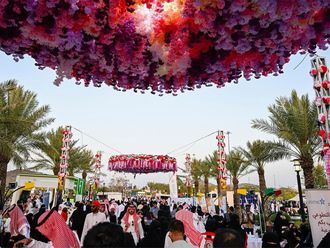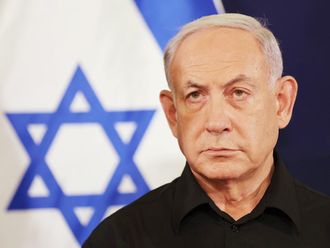
Manama: The heart of the Bahraini capital Manama is set to pulsate with a vibrant combination of culture and festivities as the annual Spring of Culture festival on Sunday features an exhibition that will reveal “a sense of nostalgia for Bahrain’s past and its many layers of civilisations”.
Organisers of the festival said that that Ghada Khunji, a Lucie-award winning photographer based in New York, returns to her homeland Bahrain “to capture its unique light and beautiful shadows through architecture, people and landscape”.
“Despite the advent of the computer age and western style modernisation, Ghada’s beautiful imagery unveils remnants of Bahrain’s true soul,” they said.
Another exhibition on Sunday evening will be “Letters to Ishtar”, an invitation by artist Himat Mohammad Ali to seven international poets “to travel into the myth of Ishtar, the goddess of love and war”.
Himat has reportedly “translated the response to the invitation into artworks that combine painting, sculpture, and poetry and convey a complex and intimate vision of each poet”.
Last month, Shaikha Mai Bint Mohammad Al Khalifa, the culture minister, pledged a two-month-long festival of cultural programmes for all tastes, including those of children.
“The different segments of the public, citizens, residents and visitors of the Kingdom will enjoy a remarkable variety of Spring of Culture programmes especially designed to cater to their tastes,” she said as she announced the launch of the annual cultural event, now in its eighth edition.
“This year’s festival comes at a time when Bahrainis are celebrating Manama as the Capital of Arab Tourism, after having celebrated it last year as the Capital of Arab Culture,” she said.
Under the slogan “Revealing Bahrain ”, the festival, in March and April, will offer entertainment that features art galleries, music, concerts, poetry, intellectual and political seminars and lectures, as well as a selection of art, theatre and technology performed for families and children.
The cultural festival has been popular in Bahrain and neighbouring countries, but it has also waded into controversy when Islamists condemned some of the shows, claiming they promoted vice and debauchery.
Conservative lawmakers last year called for the sacking of Shaikha Mai, the culture minister, following a vitriolic standoff in parliament.
The MPs had opposed holding cultural activities in Bahrain and called upon the minister to suspend them, arguing that Bahrain should show compassion and sympathy with the people suffering in Syria.
However, their calls were resisted by Shaikha Mai and liberals who insisted on the significance of culture in promoting dialogue and interaction with other countries and civilizations.
The standoff slid into controversy when reports emerged that a mosque across a narrow street from the Shaikh Ebrahim Cultural Centre, where cultural activities are held, was asked not to call for prayers and avoid the use of loudspeakers.
The reports were denied, but Islamists groups used the claims to attack the festival.
A lower chamber session debating the events was suspended after lawmakers clashed with Shaikha Mai after she accused them of sending children and young people to disrupt festival activities.
The angry MPs requested Speaker Khalifa Al Dhahrani to suspend the session, but the controversy did not abate and Shaikha Mai reportedly told the lawmakers that they were not “men enough”.












